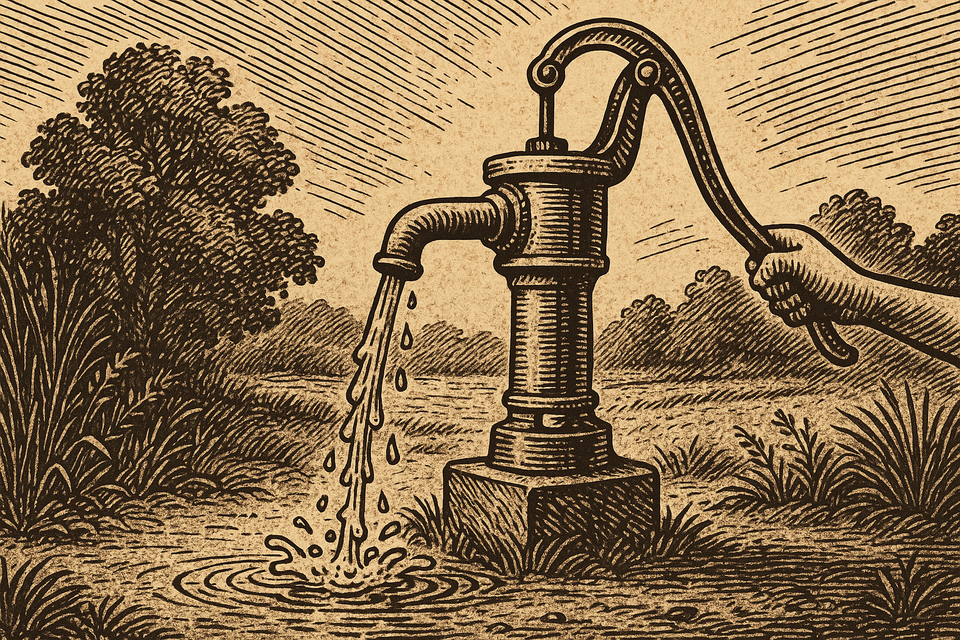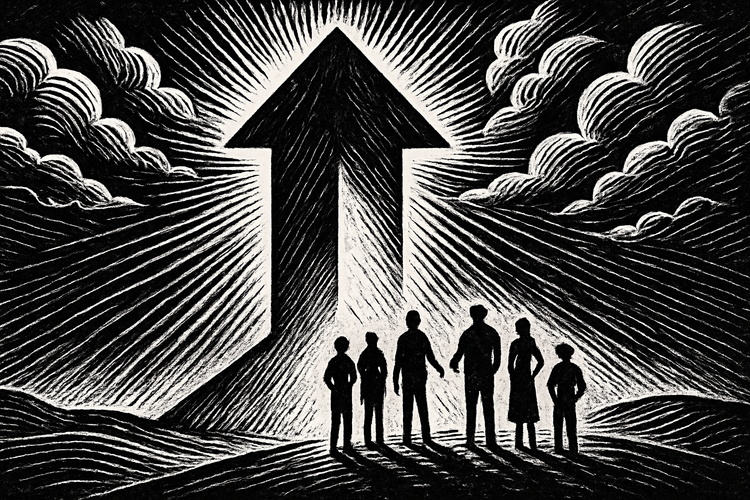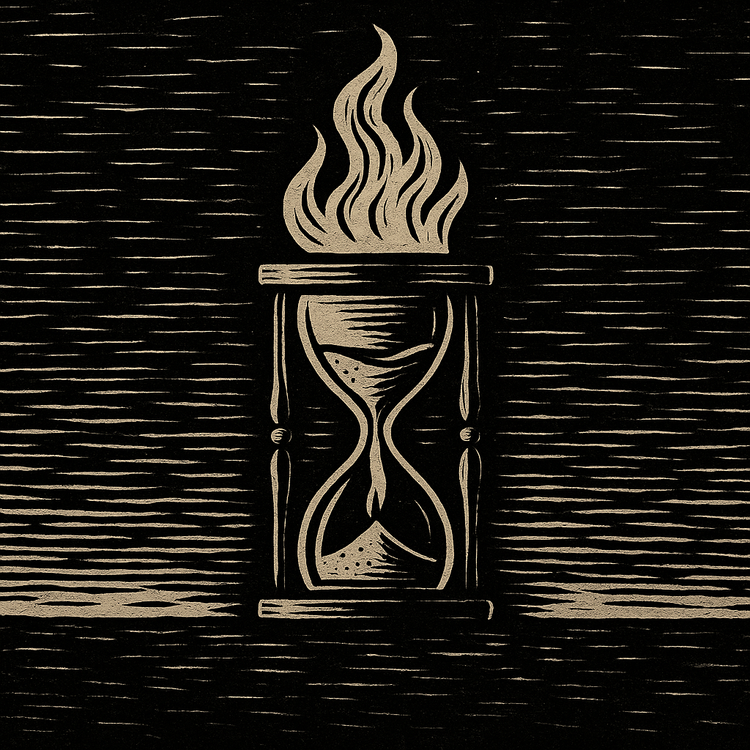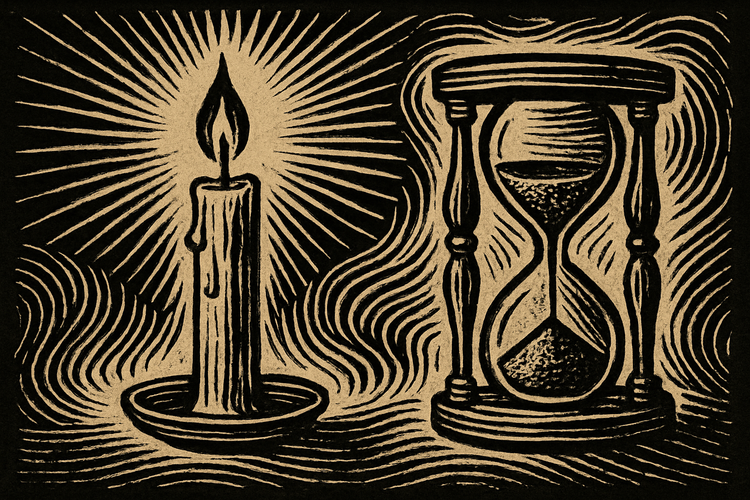The Good Place S3E8 "Don’t Let the Good Life Pass You By"

Spoiler Warning: This reflection contains full spoilers for The Good Place, including retrospective insights and thematic allusions. It assumes familiarity with the entire series and is written from the perspective of a rewatch.
The Man Who Got It “Right”
Doug lives like a man trying to outrun damnation with every breath. His days are an endless loop of small, anxious kindnesses — feeding stray animals, returning bottles, sidestepping any action that might tip his cosmic score in the wrong direction. The show names it outright: he’s a “happiness pump,” someone who has turned the pursuit of moral goodness into a ceaseless, joyless grind. It’s a life stripped of spontaneity or selfhood, all in service of a system he believes is keeping score. In Doug’s world, there’s no room for the messy, human risks that might actually make life worth living.
The Cost of Playing by the Rules
For Michael, Doug is a rare find: proof that someone can live within the system’s rules and “win.” But the admiration is fleeting. It’s impossible to ignore how small Doug’s life has become, how much ease, comfort, and even basic self-respect he’s sacrificed to avoid a single cosmic misstep. Janet, ever precise, sees the truth plainly — Doug’s existence is fear-driven perfection, not a good life. If this is what success under the system looks like, then perhaps the system itself is flawed. That thought hangs in the air, unspoken but heavy, planting the seed that moral worth might not be as simple as following the rules to the letter.
Risking the Scoreboard
Even as Michael and Janet are caught in the escalating chaos of the bar fight, Eleanor takes a very different kind of gamble. In the middle of the noise and danger, she tells Chidi she might love him in this timeline too — a risk with no guarantee of return and no points to be tallied. Where Doug’s life is built to avoid any outcome he can’t control, Eleanor steps directly into uncertainty, choosing vulnerability over safety. Her instinct isn’t perfect moral calculation; it’s a leap toward connection, even in the least controlled of circumstances. In the shadow of Doug’s joyless precision, her choice feels messy, human, and alive — a reminder that the good life may be measured less by cosmic arithmetic than by what we dare to give without a scoreboard.
Don’t Let the Good Life Pass You By
“Don’t Let the Good Life Pass You By” plays like a gentle warning hidden inside a chaotic episode. Doug’s existence proves that it’s possible to live “correctly” by the rules and still miss life entirely, reducing every moment to a calculation of cosmic gain or loss. Eleanor’s impulsive confession, by contrast, shows how meaning can emerge in the middle of disorder, risk, and even danger. The episode leaves the question hanging: if perfection means draining the joy from every day, is it worth chasing? Sometimes, the only way to live well is to accept that the score might not matter as much as the living.



Comments ()